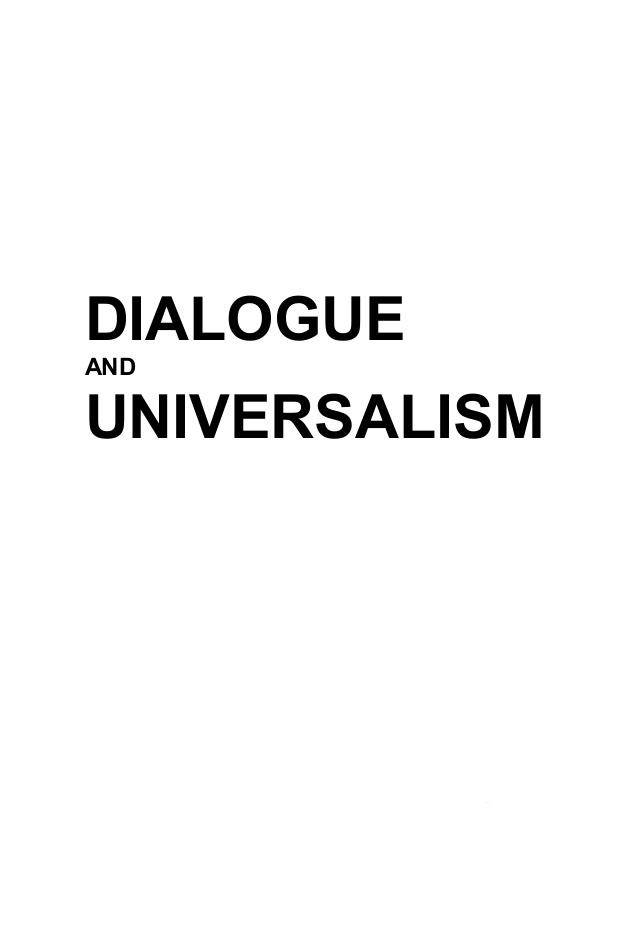TOWARD A CRITICAL SYNTHESIS OF THE ARISTOTELIAN AND CONFUCIAN DOCTRINES OF THE MEAN
TOWARD A CRITICAL SYNTHESIS OF THE ARISTOTELIAN AND CONFUCIAN DOCTRINES OF THE MEAN
Author(s): Kevin M. BrienSubject(s): Philosophical Traditions, Special Branches of Philosophy
Published by: Instytut Filozofii i Socjologii Polskiej Akademii Nauk i Fundacja Filozofia na Rzecz Dialogu
Keywords: Aristotle; Confucius; emotion; focus-field; harmonious balance; human wellbeing; intellectual virtue; justice; moral virtue; reason; ren; the mean; thought
Summary/Abstract: This paper is the second phase of a project that was begun more than three years ago. The first phase culminated in the publication of a paper working toward a critical appropriation of Aristotle’s Nicomachean Ethics. Therein Aristotle famously argues that human wellbeing (eudaimonia) is constituted by “activity of the soul in accordance with moral and intellectual virtue.”2 This earlier paper brought into focus all the main lines of Aristotle’s theoretical web in the N. Ethics: including the nature of the soul, intellectual virtue, moral virtue, etc. That paper went on to give a developed critique of Aristotle’s theoretical web, and against that background it argued for a very different way of thinking about intellectual virtue, and it prepared the ground for different ways of thinking about moral virtue. This current paper explores the various conceptual un- derstandings of “the mean” in Aristotelian and in Confucian thought. It begins with an explanatory sketch of “the mean” as understood in Aristotle’s Nicomachean Ethics, and then in a second section goes on to explore “the mean” as presented in classical Confu- cianism. The third section of this paper offers some reflections oriented toward a tenta- tive formulation of a modified conception of “the mean” as it might be construed from a humanistic Marxist perspective.
Journal: Dialogue and Universalism
- Issue Year: 2020
- Issue No: 1
- Page Range: 9-35
- Page Count: 27
- Language: English
- Content File-PDF

